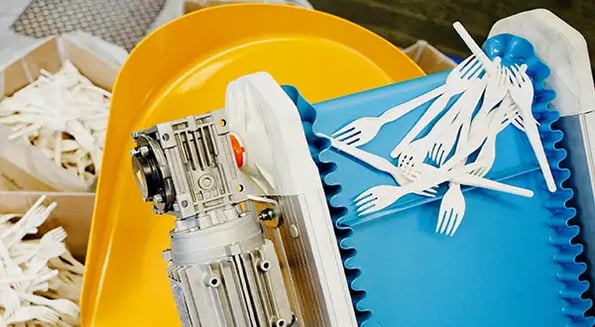Photo by Marco Bulgarelli/Gamma-Rapho via Getty Images

Put down that plastic bag and pick up that Parkesine.
The English inventor Alexander Parkes is credited with creating one of the earliest forms of plant-based plastic, way back in the mid-19th century.
Parkes died in 1890, but if he were still around today, he’d be at the forefront of a serious trend.
One word: bioplastics
Troy Farah explored the ascendance of alternative plastics for Ars Technica. He found a market with major potential. Big oil companies are ramping up plastic production as consumers and governments consider a future free of fossil fuels.
A European trade group estimates that bioplastics currently make up just 1% of the 350m+ metric tons of plastic produced each year, but demand is rising rapidly.
It’s not hard to see why. Single-use items like plastic straws are going out of fashion fast — the European Parliament passed a law to ban them by 2021. Last week, Loliware, a purveyor of kelp-based plastics, snagged a $6m investment.
But it’s not easy being green
Here’s the catch: The term “bioplastic” can refer to a wide range of materials. Some of them don’t actually have a smaller carbon footprint than traditional plastics, Farah found.
It matters if plastics are made from renewable sources. But here’s what matters more: Can those products actually biodegrade? If not, that plastic Coke bottle might still take ages to break down.
